For Lizzo, the truth hurts about her crossover success.
“The thing is, when a black artist reaches a certain level of popularity, it’s going to be a predominantly white crowd,” the 34-year-old star, born Melissa Viviane Jefferson, told Vanity Fair in its November cover story.
“I am not making music for white people. I am a Black woman, I am making music from my Black experience, for me to heal myself [from] the experience we call life.”
Although Lizzo’s music is rooted in R&B, hip-hop and even gospel, she has scored pop hits with life-affirming anthems such as “Juice,” “Good As Hell” and, most recently, “About Damn Time.” But while she may have amassed legions of white fans since her Grammy-winning breakthrough, 2019’s “Cuz I Luv You,” Lizzo says that she’s speaking to black women first and foremost.
“We need self-love and self-love anthems more than anybody,” she said. “So am I making music for that girl right there who looks like me, who grew up in a city where she was underappreciated and picked on and made to feel un-beautiful? Yes. It blows my mind when people say I’m not making music from a black perspective — how could I not do that as a Black artist?”

Indeed, Lizzo — who courted some controversy when she was given Founding Father James Madison’s 200-year-old crystal flute to play in Washington, D.C. last month — believes that there is still much progress to be made for black women in America.
“The way black women have been treated in this country has made me feel very hopeless,” she said. “I don’t think there was a time when [we] were treated fairly and with respect. If I see hope in this country, it will come from the accountability of the people who have the privilege. As a fat black woman, this country has never gone forward; it’s stayed pretty much the same for me.”

Lizzo — who donated $500,000 to Planned Parenthood and the National Network of Abortion Funds after Roe v. Wade was overturned in June (and had her tour promoter, Live Nation, match that with another $500,000) — believes that race played a significant factor in the ruling.
“It’s about white male supremacy; it’s always been about white male supremacy in this country and the people who are complicit in helping uphold it — who are a lot of white women.”
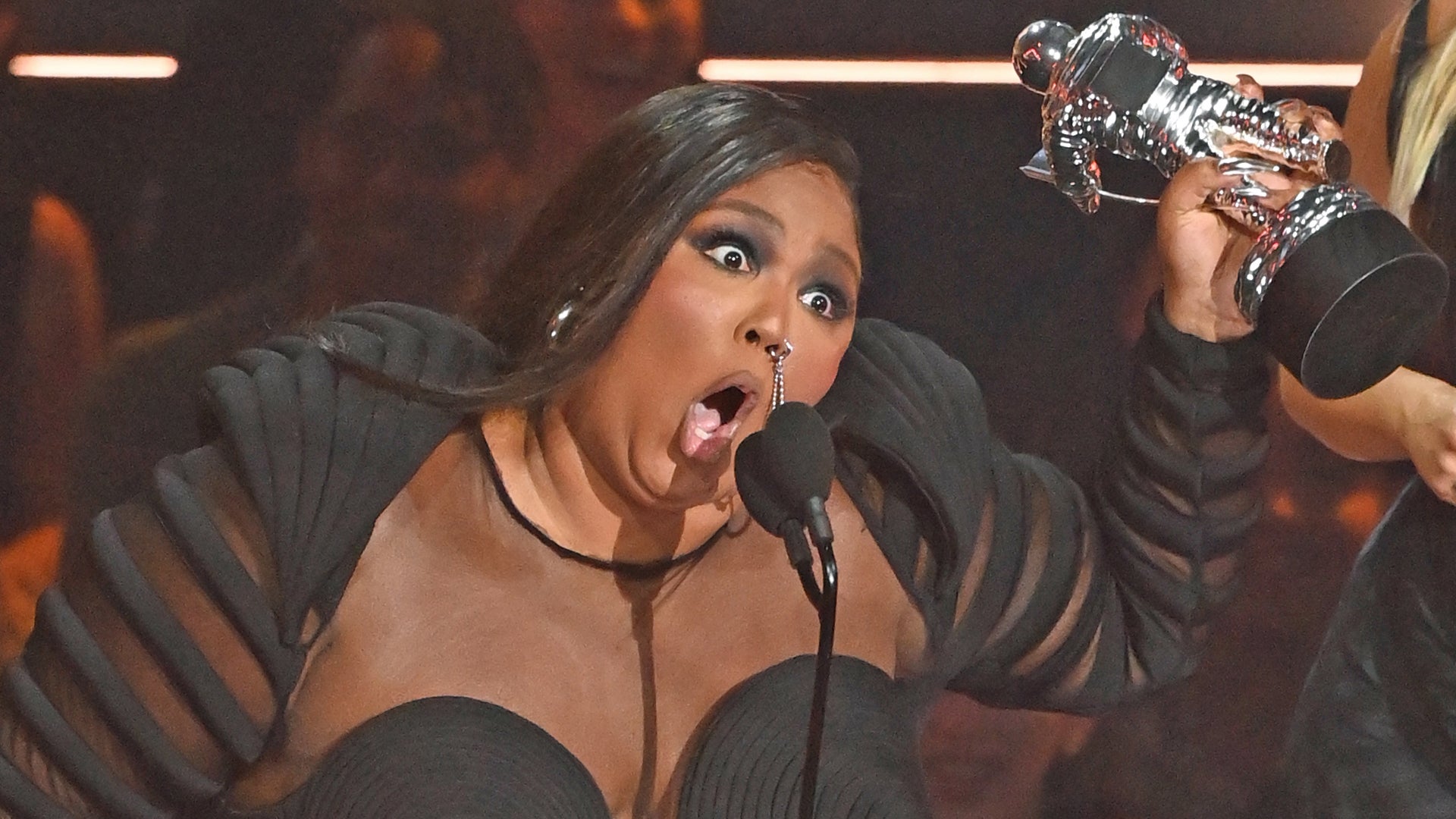
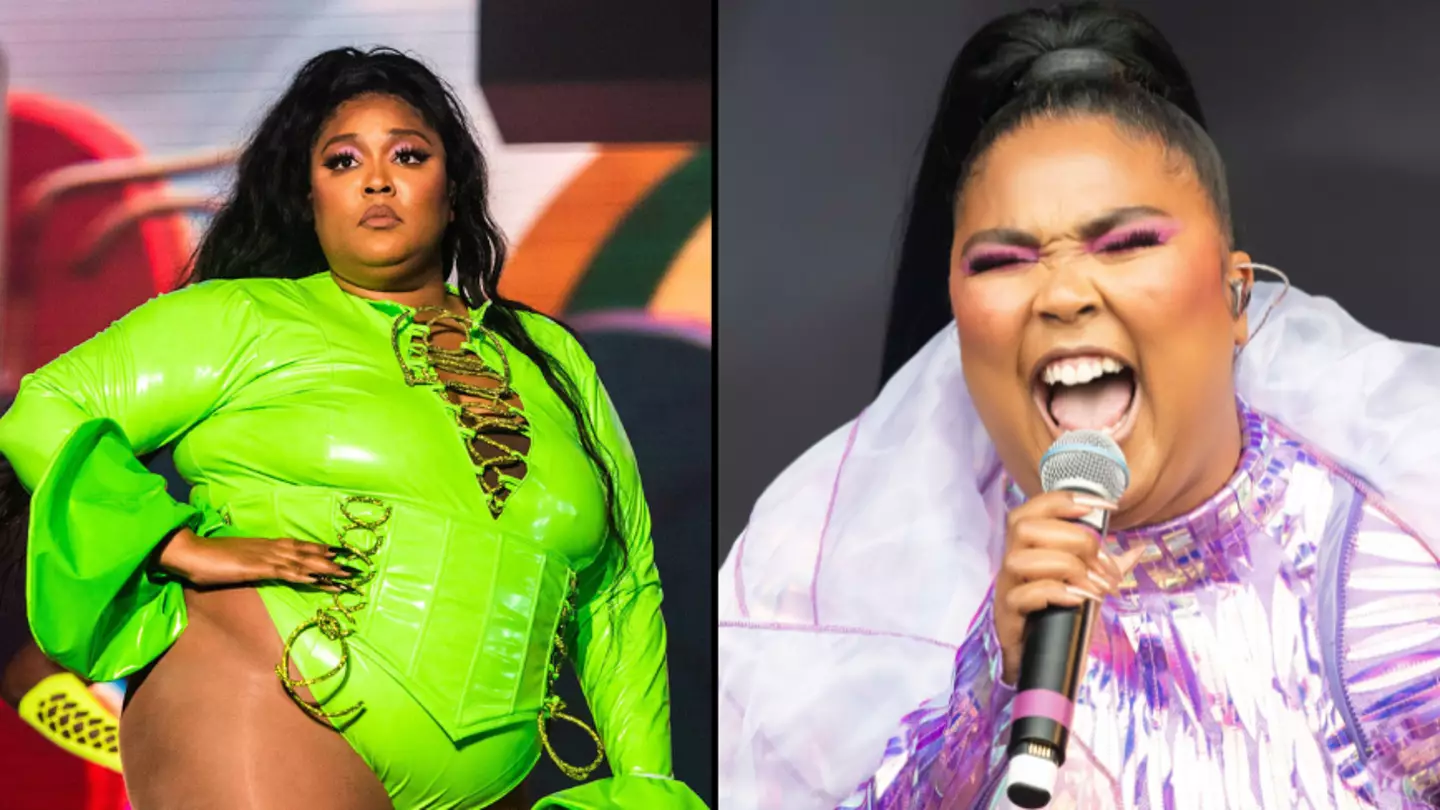

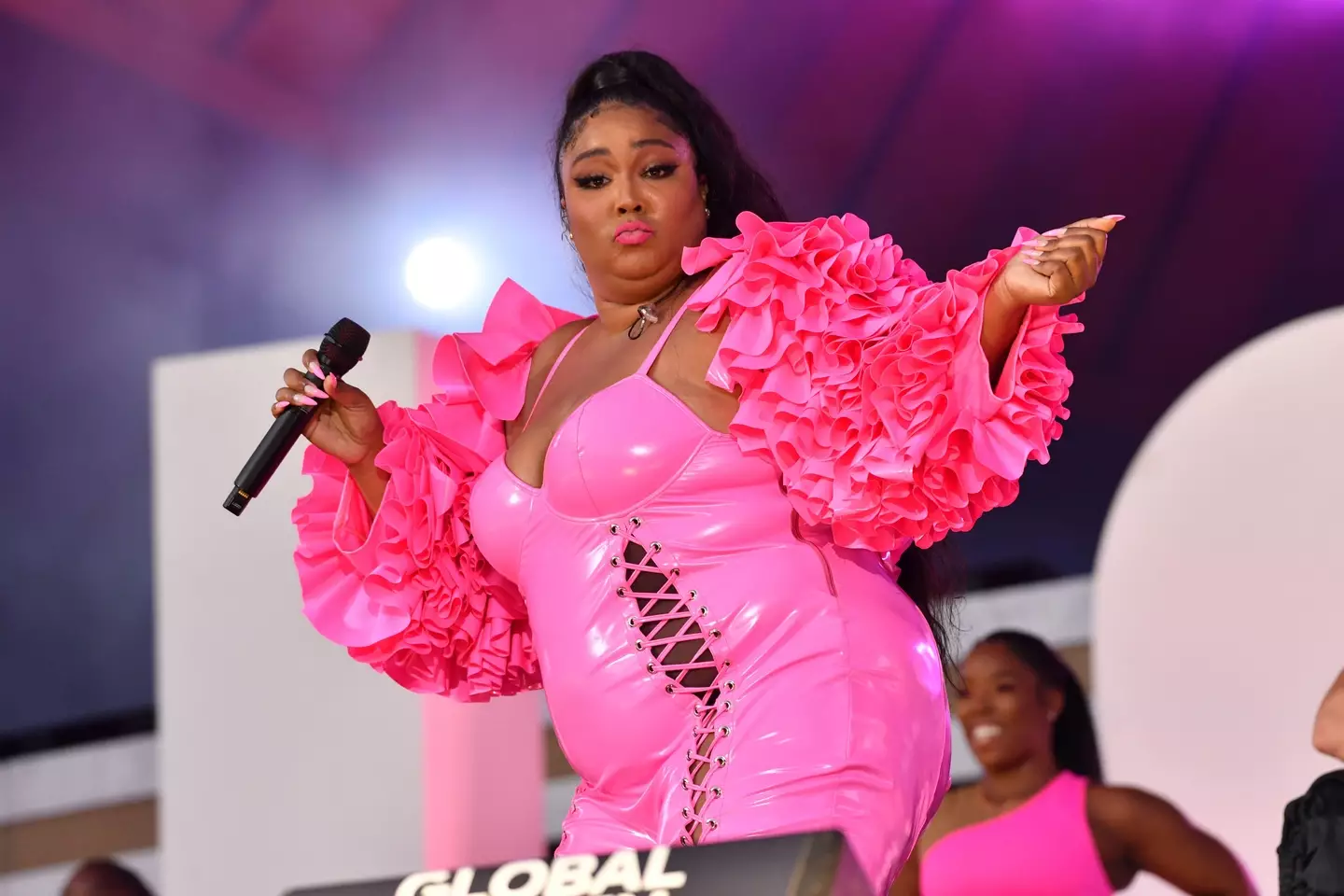

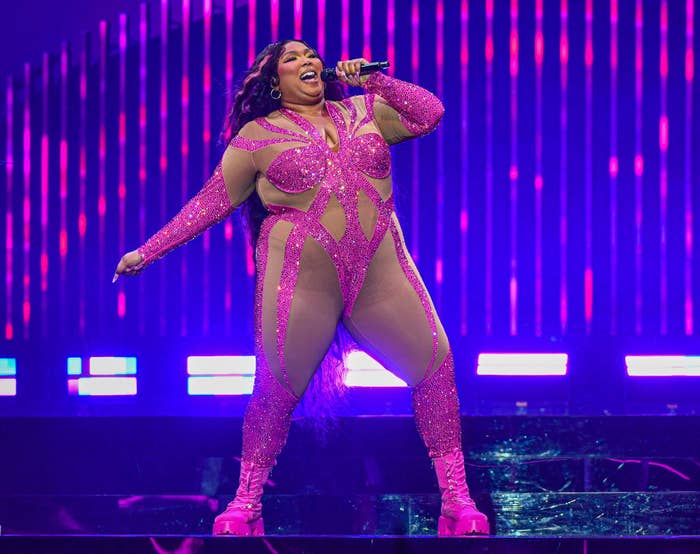
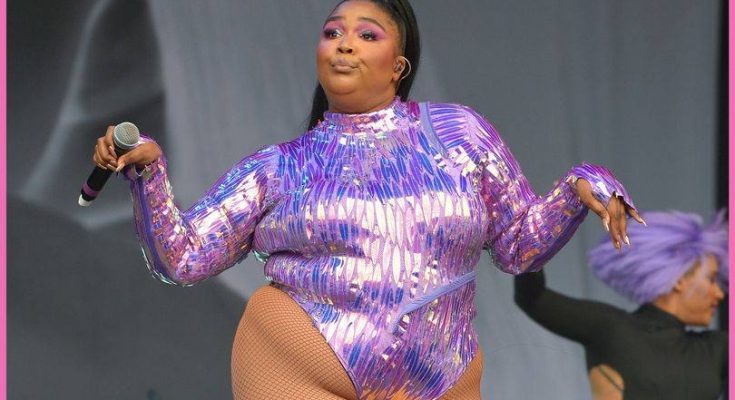



What do you think? Post a comment.